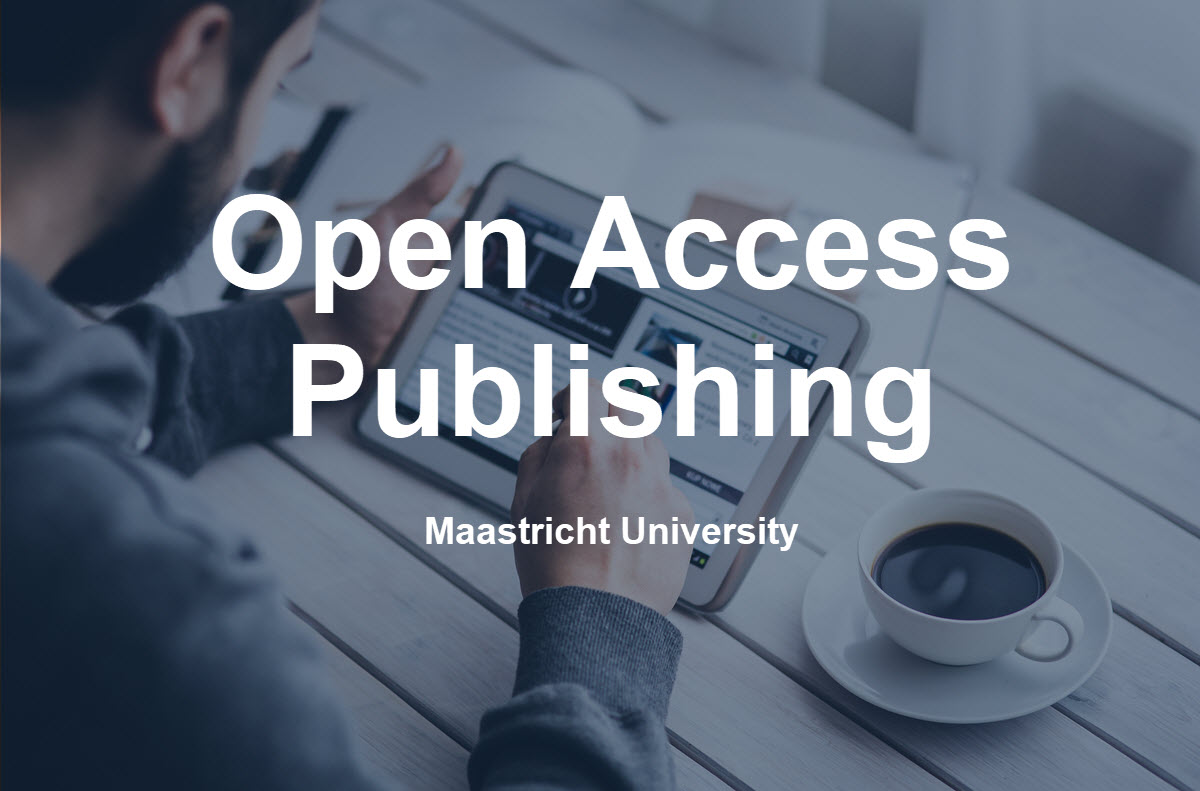When you choose a standard (or subscription) publishing license, you usually transfer all rights (except the creator’s moral rights) to a publisher. They obtain the copyright and can decide what others/readers can do with their acquired property.
When you publish an Open Access (OA) article or book, you (the authors) or your employer retain the copyright.
You, the copyright holder, can assign a Creative Commons (CC) license to the work, telling the world what readers and users can do with your article or book (besides downloading and reading) without consulting you and asking for permission.
The default CC license is CC-BY: use and reuse (one must give appropriate credit, provide a link to the license, and indicate if changes to the original work were made). Additions like -NC or -ND allow you to add restrictions (limiting reuse options). Still, the publication will also become ‘less Open Science’, and if your research has an external public funder (e.g. NWO), no further restrictions are allowed.
There are three considerations when choosing the license for your work:
- What is required by the research funder (if applicable, usually CC-BY) – this is contractually determined
More information on this page: Research Funders’ Open Access policies - What is offered by the publisher of the journal: usually, two or three CC-variations
- What do you/the authors want for the work: how open do you want to be?
If there is no CC-BY obligation from the financier, we advise using a CC-BY license for publications as much as possible and only choosing additional restrictions intentionally. If your work may not/cannot be reused or the whole is more than the sum of its parts (think of a book), you could consider CC-BY-ND.
You can also use the NC extension to prevent someone from using parts of your output in a corporate or commercial setting. But publicly funded science is generally also meant to help companies move forward.
More about the CC licenses: https://creativecommons.org/about/cclicenses/
More information and suggestions
If you feel that essential information is missing in this FAQ or the information provided is incorrect, we would like to hear from you at openaccess@maastrichtuniversity.nl.
For specific or complex questions and support, please get in touch with an Open Access specialist at the University Library.
RA 2023.01.10 | FAQ short link: https://umlib.nl/oa-faq-2

